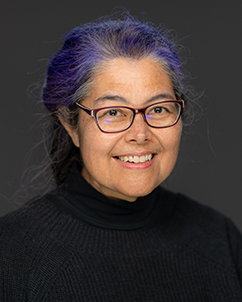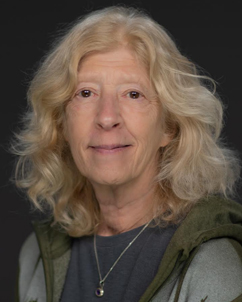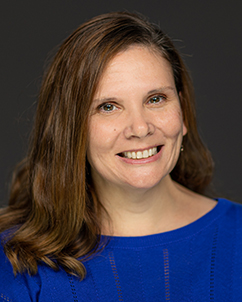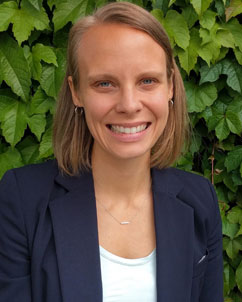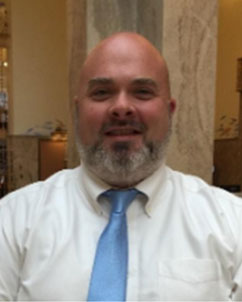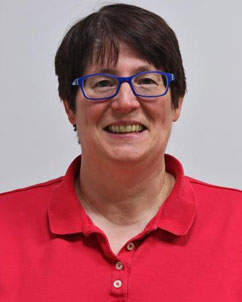Search Mastery Interest Group
UPCOMING EVENTS
The Search Mastery Interest Group hosts virtual guest lectures throughout the academic year. All events take place in Eastern Standard Time. Upcoming events are posted on the college’s online events calendar. If no events are listed, then there are currently no upcoming Search Mastery events scheduled.
Upcoming Events
You can also sign up to receive email invitations to future events.
Subscribe
Exploring the foundations and practice of search skills, education, and literacy
PAST EVENTS
Recent News

(Video) Search Mastery Speaker Series: The Search for Knowledge—How Technology Changes Everything You Know (Literally) and How You Know Everything
November 28, 2023 | INFO StaffFree Range Research Scientist Dan Russell discusses how instant access to information has changed the way we think
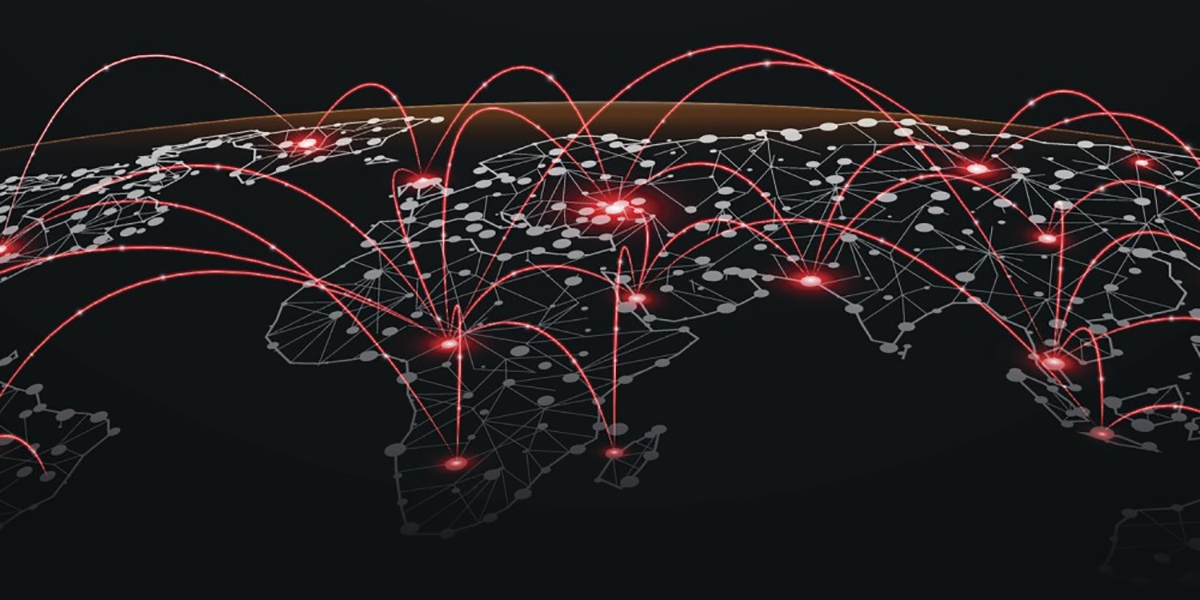
(Video) Search Mastery: Maps, Models, and Metrics for Influence in Conflict Zones
October 10, 2023 | INFO StaffFeaturing INFO assistant professor Cody Buntain
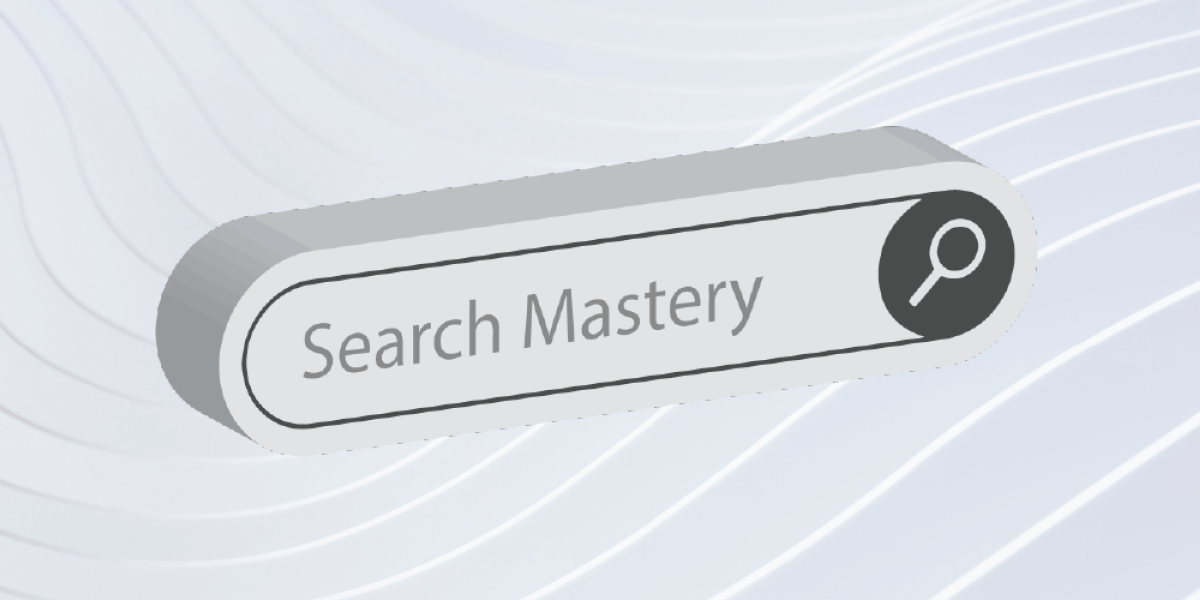
(Video) Search Mastery Speaker Series: Overview of Program & Activities
March 7, 2023 | UMD INFO StaffAn overview of program activities and opportunities related to exploring the foundations and practice of effective search engine use.
